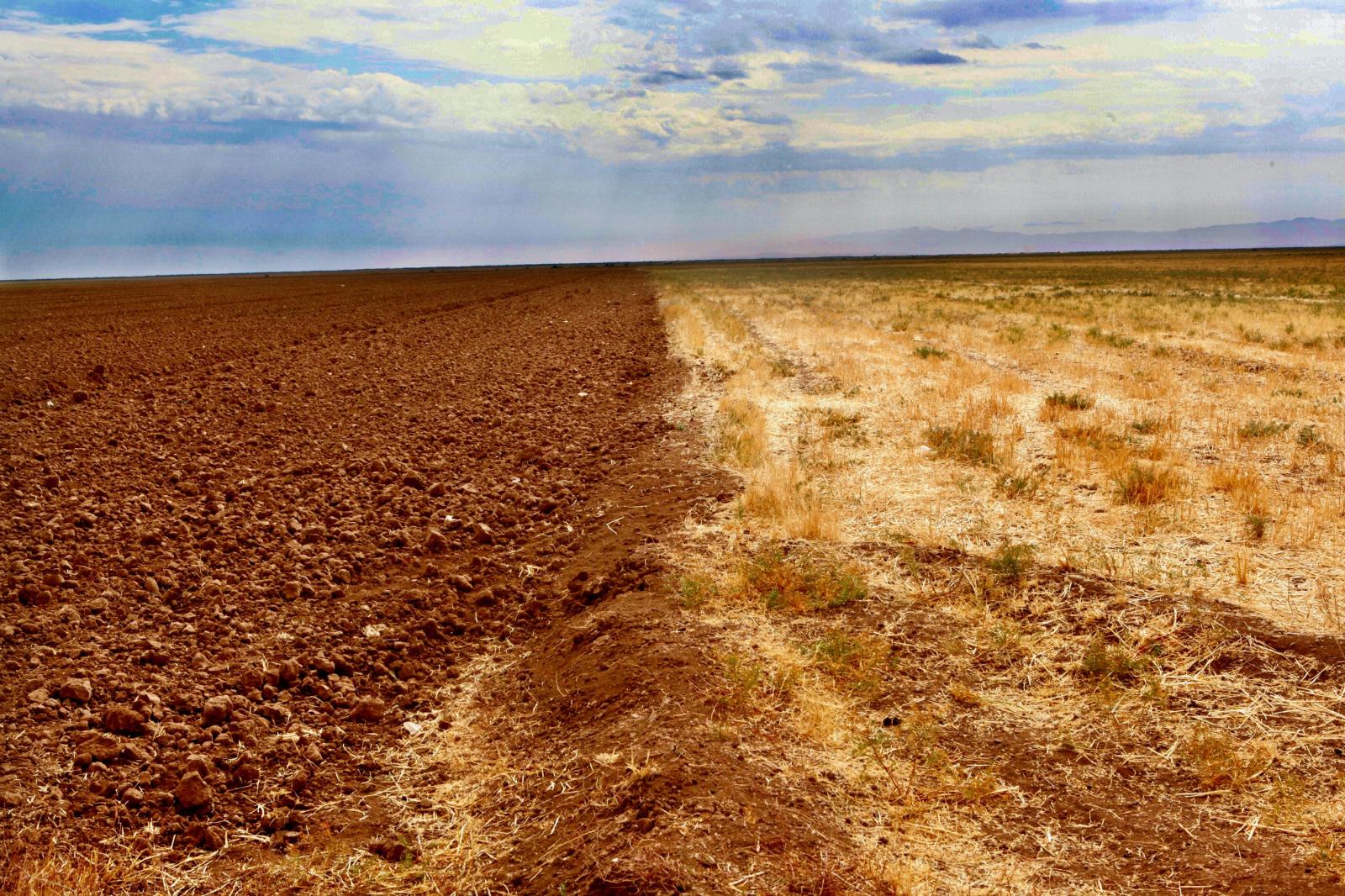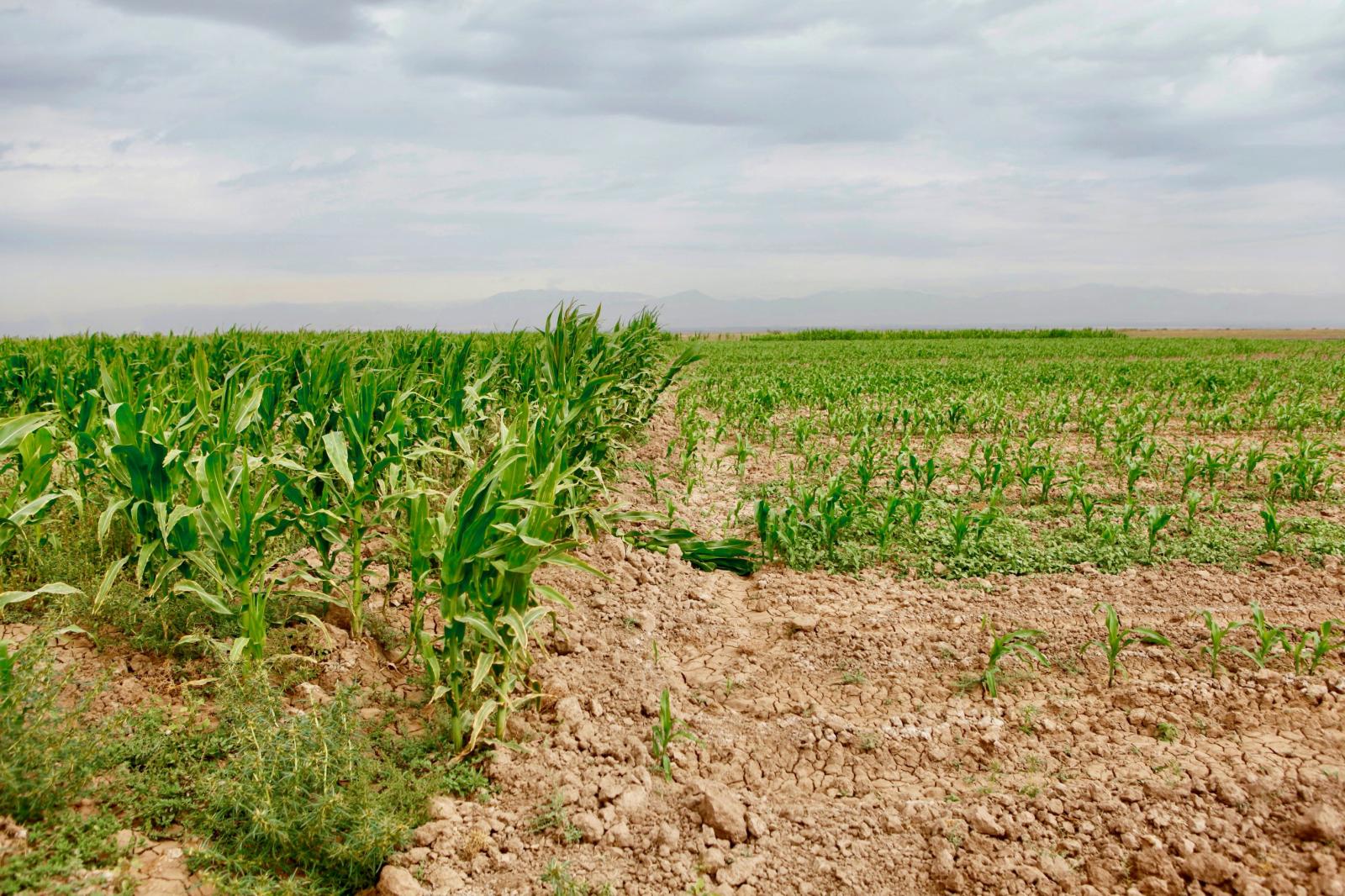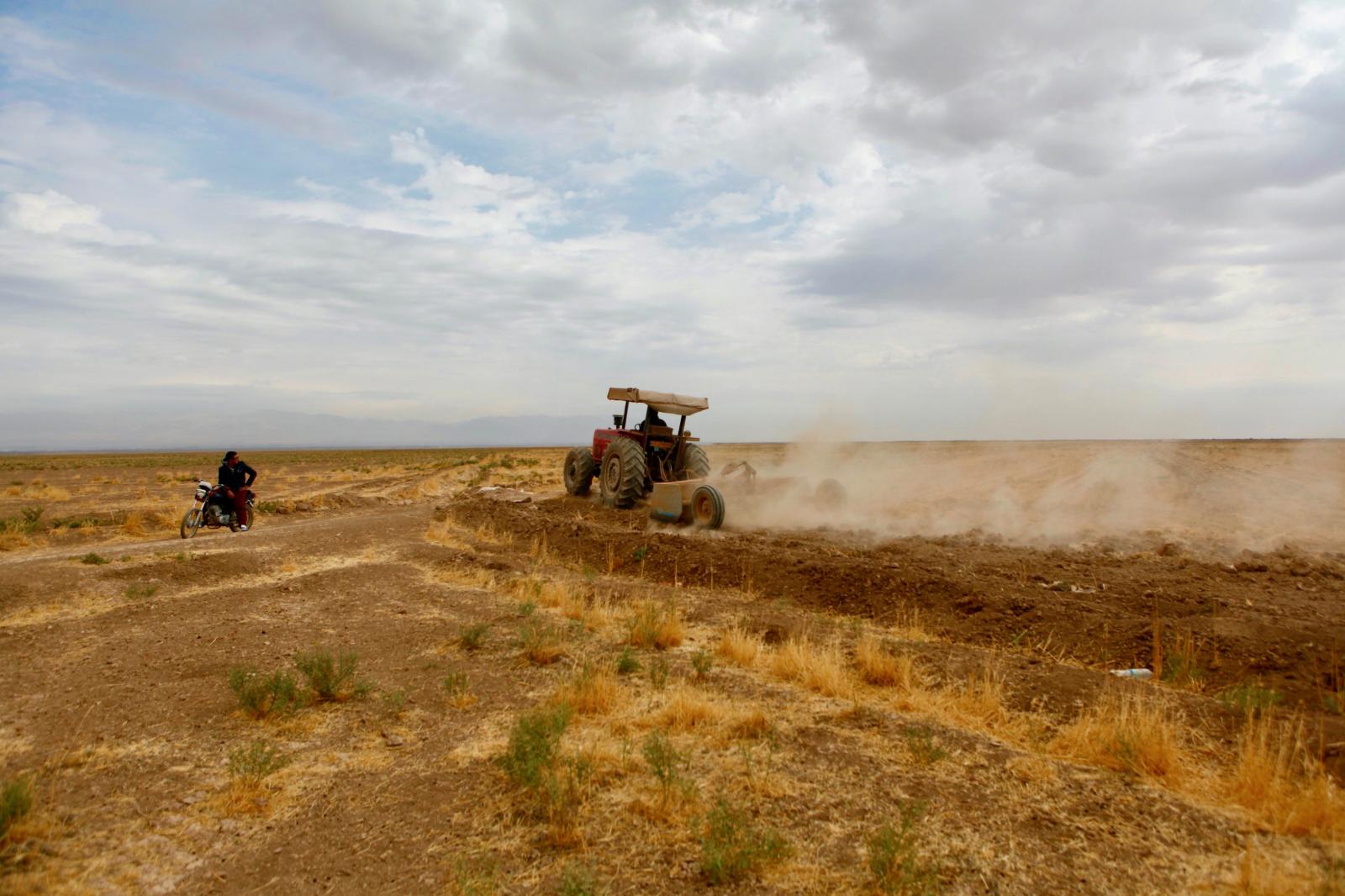"May Ahura Mazda protect this country from the enemies, famine and lie."
-Darius the Great, King of Iran, 521-486 B.C
"I clearly remember: 25 years ago, I, with my father and brothers, stood against a wall, basking in the sunlight of a winter day. My father said: "What a pleasant sunny winter! It is not as frozen and snowy as it used to be; I wish it always remains this way..." Right after that winter, we got less and lesser rain and snow every year till now it is almost nothing..." Said Jafar, a 45-year-old farmer.
Shahrabd, one of the villages of Qazvin province in the north of Iran with almost 1000 people population, is affected by global warming. The literal meaning of Shahrabd is the "green village", as it used to be a green village. In recent decades, groundwater storage has drastically decreased due to the illegal use of water engines and mismanagement of water extraction. Furthermore, worldwide climate change has impacted rain patterns and has caused a reduction in rainfall and a change in the rainy seasons. In this situation, many farmers had no choice but to abandon their farms and look for another source of income, such as animal husbandry or to immigrate to nearby towns and cities, searching for better job opportunities.
The project narrates the story of Jafar, a 45-year-old and the youngest son of a famous farmer in the village. However, the family lost everything after the collapse of their farms.
Complaining against corruption in local bureaus, Jafar says:
"It is not that we think water is not available. Water has always been there. However, the government and corrupt staff do not allow us to receive it out of injustice. Some farmers have a connection with the government and can get water for their farms, but we are alone. Nobody cares about us."
Jafar mentions how some village residents, without his consent, are using a piece of his land, which is his father's inheritance, for their farming. He believes they could access water through bribes and connections in the related offices.
"We have repeatedly asked them not to enter our farms, but they do not listen. We cannot insist more as it will lead to a fight, and we do not want that." Said Jafar.
His only daughter, Aynaaz, wishes to leave her poor village and study in a better place in a nearby town. But his father's financial crisis might stop her from pursuing her education: “I wish the condition were better. I wish we had a high school in our village. I must quit my studies if we can’t afford the expenses.”
Iran has had a long battle with famine throughout its history. Most of the country is in the Middle East and has dry and semi-dry areas. Due to global warming and mismanagement of water sources, the water crisis in Iran is becoming threatening to the old civilization of Iran.
According to the textual sources from thousands of years ago and scientific research, the Iranian plateau started facing Dehydration in its central part, which today is the heart of Iran. The drought trend in Iran is still going on. Iran is one of the world's driest countries, and with the mismanagement of water sources, lakes, ponds, and Qanat are rapidly drying out. After the Islamic Revolution in 1979, Ayatollah Khomeini ordered the establishment of the 'Construction Jihad'. The organization began as a movement of volunteers to help with the country's construction but soon later took on a broader, more official role in the countryside. Because of their unscientific interference in the farming industry and extra extraction of water sources, the water sources either dried up or mixed with salty water. As a result, many farmers abandoned farming, speeding up the desertification process in Iran.














